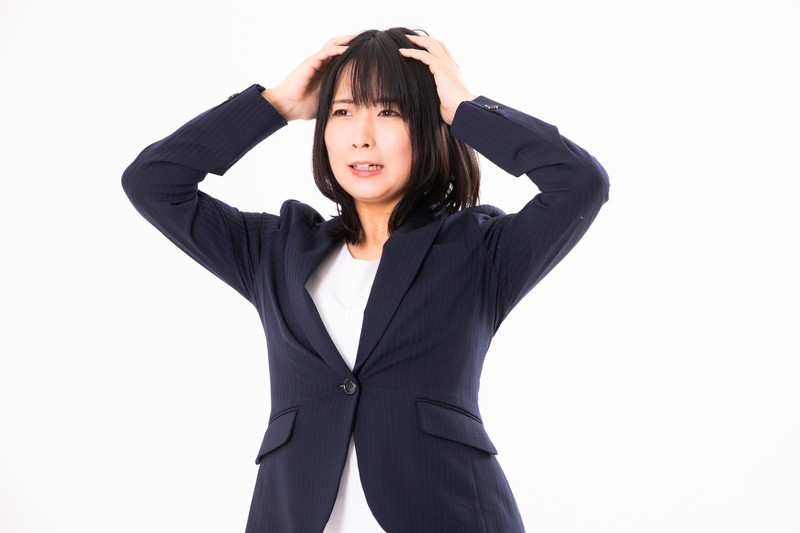If you have a chance to be friends with Japanese or work with them, you could hear them say “san” (Japanese honouric suffix) when calling your name and wonder what ” san ” means in Japanese.
You could also wonder whether you should use “san” such as Suzuki san or Ito san (instead of Mr. Suzuki or Ms. Ito), otherwise, you could be considered rude to them.
Yes, we Japanese people frequently use “san” when showing respect to other Japanese people and I’d like to tell you the following matters in this article.
-Why do Japanese people say “san”
-Is adding “san” always appropriate in Japan?
After reading this article, I hope you understand how you call a Japanese person and possibly make a good first impression on them, and further hope you make a successful relationship with your Japanese friends/business partners, etc.

Let me introduce myself.
I am Hiro from Tokyo, Japan, born and raised here.
I have working experience in Japanese companies (logistics and manufacturing) as an international sales for almost 10 years, so I well understand the Japanese business language.
Why do Japanese people say “san”

We, Japanese people, use the honouric suffix “san” after calling a person’s surname or first name such as Suzuki (a common Japanese surname) san or Hanako (a common Japanese lady’s first name) san to show respect or familiarity (A friendly feeling) and this does not have any negative intention in the meaning.
It is similar to “Mr./Ms.” in English.
However, if we omit to add “san” when calling a person in Japan, it is rude, especially to higher position persons such as your customers, seniors, supervisors, older persons or any strangers in Japan, and the only timing omitting “san” is to your friends, juniors, younger persons, etc. but still we feel a little rough or too casual unless adding “san”.
Is adding “san” always appropriate in Japan?

If you wonder whether you should add “san” or not to any Japanese friends, customers, etc., you may add “san” in almost all situations.
Especially if you are not willing to study Japanese at all, remembering the honouring suffix “san” to show respect is fine.
Other appropriate honouric suffixes
However, if you wish to study Japanese a little more, I’d like to introduce more appropriate honouric suffixes in Japan depending on the person you are calling such as follows.
| The person you call | Appropriate honouric suffix |
| Non-close relationship adults | Surname + san |
| Your supervisor | Surname + job title e.g. Suzuki kacho (Kacho means manager) |
| Your colleague | Surname + san |
| Your business partner | Surname + job title or Surname + sama |
| Your customer | Surname + sama |
| Teacher | Surname + sensei |
| Doctor | Surname + sensei |
| Girl (Till 12 years old) | Surname or First name + san First name + chan |
| Boy (Till 12 years old) | Surname or First name + kun or san |
| Your friend | Surname or First name + san (kun or san can be used in casual situations) |
If you feel difficult to remember all, again just keep in mind adding “san” to all people is usually OK.
When adding “san” is not appropriate

There are several occasions when adding “san” is not appropriate among Japanese people (If you are non-Japanese, you don’t need to be careful about it much).
When calling yourself
When you call yourself, it is not appropriate to add “san” to yourself.
If your surname is Suzuki, you should never call yourself Suzuki san.
When introducing your company staff to your customer
When introducing your company staff (colleagues or supervisors) to your customer or business partner, you should call your company colleagues or supervisors without adding “san”.
It is not appropriate to show respect for your internal workers in front of your customer because your customer is the first person to be respected from the Japanese person’s point of view.
When talking about a famous person
When talking about a famous person (historically famous person or celebrity), we don’t usually add “san”, however, if you had any experience of meeting a famous person and being familiar with him/her, you may add “san”.
However, if you are non-Japanese, you don’t need to consider the above situations too much and just adding “san” every time you call Japanese is no problem.
Conclusion
In this article, I explained why do Japanese say “san”.
I hope you understand why and how “san” is added as honourinc suffix in Japan and you could possibly try to call your Japanese friends or business partner by adding “san” from now on.
If you are not Japanese, you don’t need to consider whether you should add “san” when calling a Japanese person. Either adding or not adding is fine.
However, as I mentioned, the suffix “san” is used to show respect or familiarity (A friendly feeling), so none Japanese feel uncomfortable if you added “san” when calling a Japanese person.
Thank you for reading my article till the end.



コメント Comment